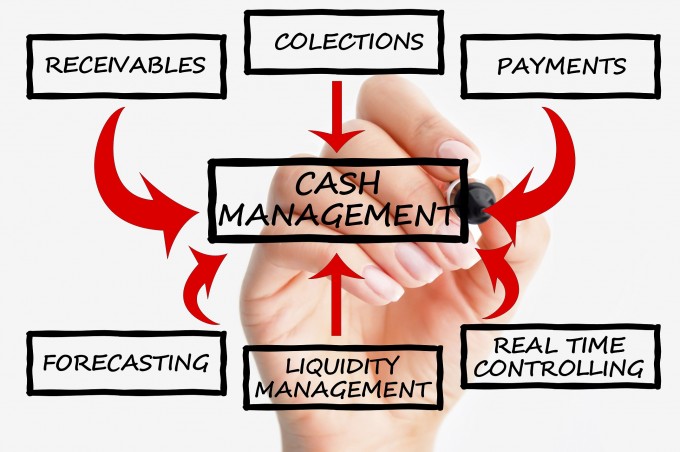Are you making these four B2B credit management mistakes?

Within my 30 years’ experience in the credit management profession, I have seen many mistakes made in B2B credit management; these mistakes, if not rectified, run the risk of negatively impacting cash flow and customer relationships. Here are just four of these mistakes:
Terms and Conditions
Many businesses find attaching their terms and conditions to an email and assuming that their customer has read and accepted them if they agree to work being carried out to be sufficient. A court will not accept this as evidence that a customer has accepted your terms and conditions by conduct as they have to be ‘made known to the customer’ in order to be accepted. To overcome this, make reference to your terms and conditions attached within the body of the email and be able to prove your customer has received them e.g. responding to the email attaching the terms, asking questions or providing information only requested in the email with terms attached.
Credit checking and monitoring customers
Credit checking is not part of many businesses customer on-boarding process; however it is a vital step for any business in reducing the risk a customer poses. By credit checking customers prior to any contract agreements you will discover anything adverse that may suggest your customer will be a late or non-payer (i.e. CCJs, poor payment performance). The credit check performed, however, will not account for your customer’s future credit risk, therefore ongoing monitoring is an important process so that you are alerted of any changes to their ratings.
Invoicing
The most common excuse for delaying payment is ‘I haven’t received an invoice’, and one that for many businesses is hard to prove wrong as they don’t keep proof of invoices sent. Ensure you keep a copy of any invoice emails sent in a folder so that if this excuse is used you can forward said email as proof and reject any further time for payment. If a customer continually use this excuse or for high value invoices, consider calling your customer prior to the invoice falling due to ensure it has been received and check it will be on the next payment run.
Negotiating with your customers
If your customer has a valid dispute it will be necessary to negotiate for payment; many companies lead with an offer that they realistically think their customers will accept, often this isn’t the case and a customer will negotiate down further. Starting negotiations with your ideal outcome will still allow your customer to negotiate down, but the end result will be more beneficial to your business.
If your business is making these credit management mistakes, our consultancy service can help you to review and improve your credit management processes.
Or to discuss our consultancy or other services further contact us on 03332 413 203 contact@cmgroupuk.com.
